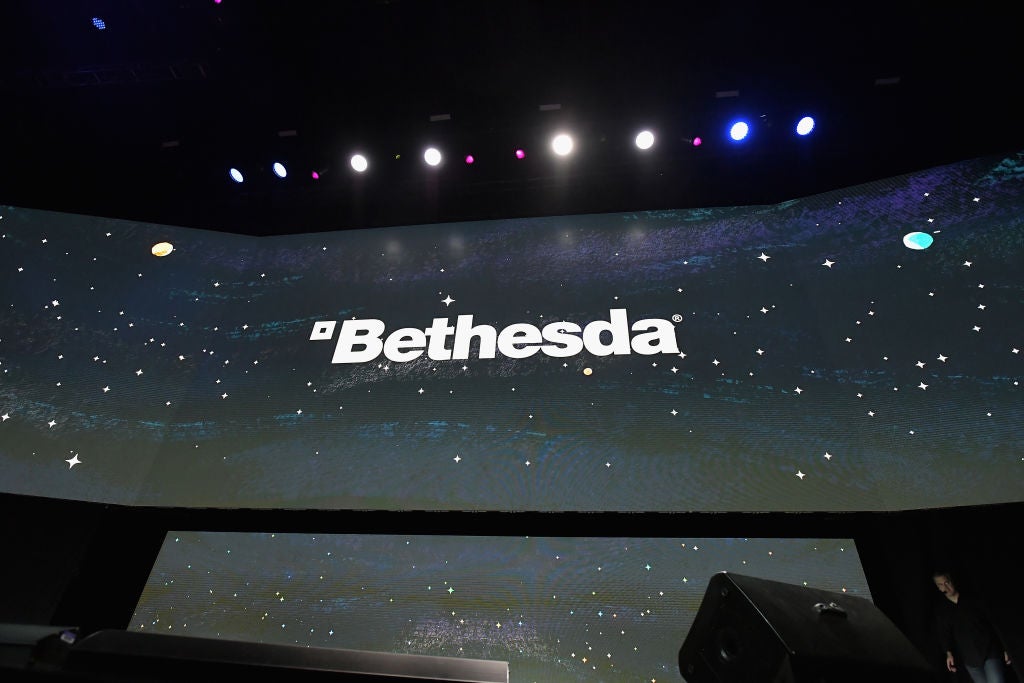Mobile gaming expertise is a must-have for all game companies. The market is already bigger than the console and PC gaming markets combined. Worth $124bn in 2023, mobile gaming revenue will grow to $195bn by 2030, according to GlobalData forecasts.
The growing maturity of streaming (supported by 5G), cloud gaming, and mobile esports, combined with the fact that mobile platforms are close to technical parity with PCs and consoles, means most gamers will embrace mobile gaming in the next few years. The ability to run high-quality, big-budget games (e.g., Resident Evil 4 and Assassin’s Creed Mirage) on mobile platforms will attract more publishers and gamers in the market.
Following remarkable growth during the Covid-19 pandemic, mobile gaming companies are struggling to attract and retain users. In addition, high inflation has forced them to cut costs, leading to mass layoffs and limited consolidation (i.e., acquisitions and funding) activities.
Mobile gaming has driven several multibillion-dollar M&A deals over the last few years
Some of the big-ticket mobile gaming merger and acquisition (M&A) deals in the last couple of years include Microsoft’s $68.7bn acquisition of Activision Blizzard, Take-Two Interactive’s $12.7bn takeover of Zynga (January 2022), and Savvy Games Group’s $4.9bn purchase of Scopely (April 2023).
Between January 2021 and February 2024, most mobile gaming M&A deals involved large game publishers acquiring smaller mobile game developers to expand their portfolios and customer bases. The volume of mobile gaming M&A deals was lower in 2022 and 2023 than in 2021. This is attributable to the industry’s slowdown in the post-Covid years and the impact of macroeconomic factors such as high inflation. As a result, in 2023, many mobile gaming companies laid off employees, tightened spending on acquisitions, and restructured operations to stay afloat.
In 2024 and beyond, GlobalData anticipates that mobile gaming-related M&A transactions will revive as the market returns to normalcy. However, a return to the activity levels of 2021 and earlier is unlikely in the next couple of years. Some companies (e.g., Savvy Games Group, Sony, and Tencent) will likely initiate M&A deals to strengthen their mobile gaming portfolios. At the same time, Embracer Group and ByteDance are likely to divest some mobile gaming studios to limit their losses and mitigate regulatory pressure, respectively. Their divestments could attract potential suitors, including gaming and non-gaming companies.
How well do you really know your competitors?
Access the most comprehensive Company Profiles on the market, powered by GlobalData. Save hours of research. Gain competitive edge.

Thank you!
Your download email will arrive shortly
Not ready to buy yet? Download a free sample
We are confident about the unique quality of our Company Profiles. However, we want you to make the most beneficial decision for your business, so we offer a free sample that you can download by submitting the below form
By GlobalDataLikewise, mobile gaming-related venture financing deals have been sluggish since 2022
The mobile gaming industry’s popularity and revenue potential have driven the emergence of numerous start-ups with financial backing from venture capital (VC) companies and the investment arms of tech companies.
Similar to the M&A trends discussed above, mobile gaming-related venture financing deals have been sluggish since 2022. The end of pandemic-induced market momentum, the fading hype around blockchain games, and the negative impact of macroeconomic factors have stalled VC backing for mobile gaming companies. Reportedly, some VC firms lost interest and confidence after several mobile gaming companies announced mass layoffs and delayed game launches.
In addition, several big, traditional PC game publishers and developers are expanding in mobile gaming with their iconic games. As a result, mobile gaming start-ups now need to compete with established titles that command massive global communities. This limits the growth prospects for start-ups and makes it harder for them to attract VC funding. Mass layoffs across the industry have increased the availability of talent in the gaming market. Start-ups could hire these developers and use their experience and skills, alongside AI-based content creation tools, to develop new mobile games. This could restore VC confidence and drive an increase in funding.








Related Company Profiles
Activision Blizzard Inc
Take-Two Interactive Software Inc
Zynga Inc
Microsoft Corp
Embracer Group AB